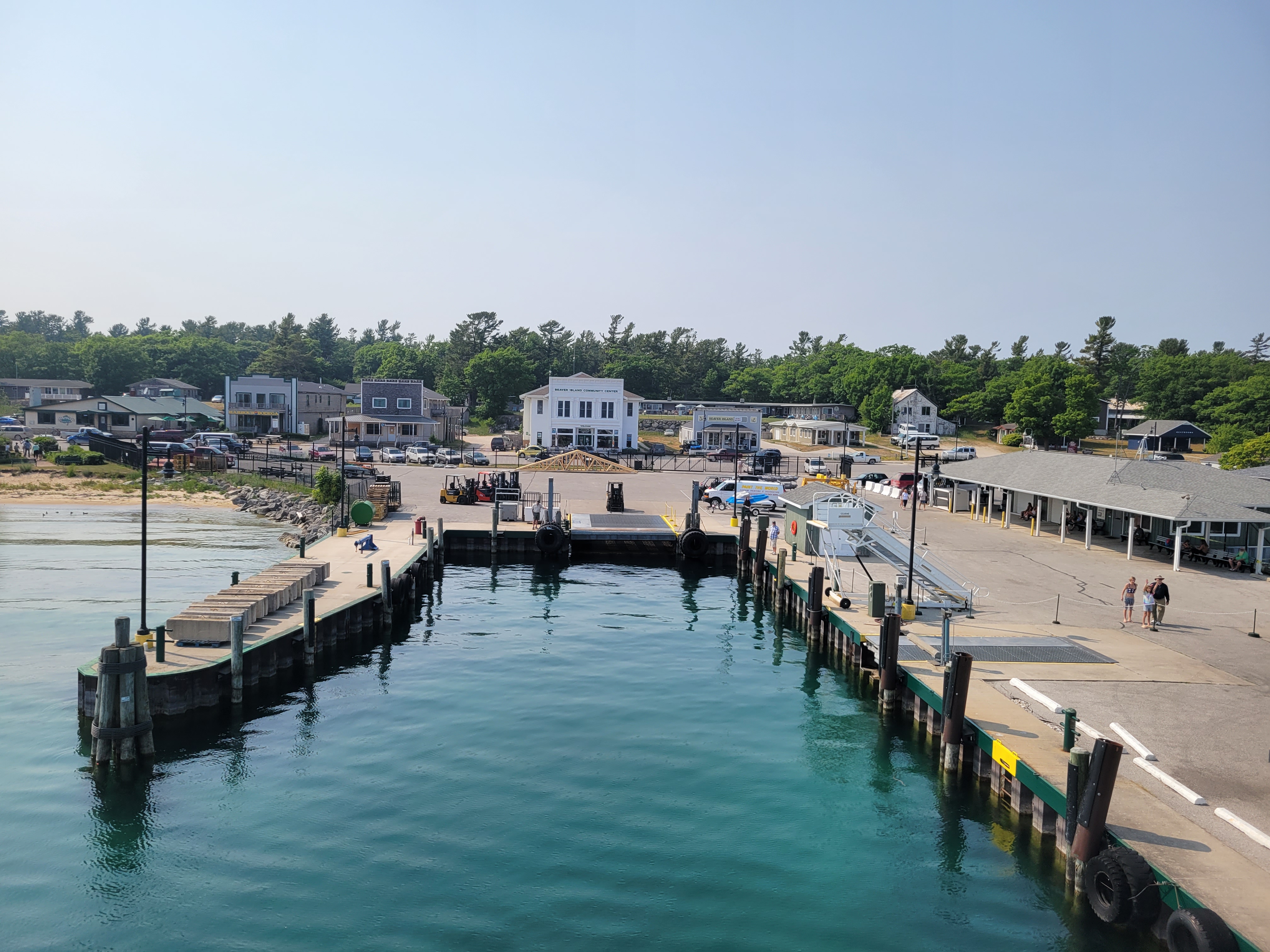ETIPP Communities
PNNL has partnered with the Department of Energy’s (DOE’s) Energy Technology Innovation Partnership Project (ETIPP) to undertake projects with four communities to develop community-driven energy solutions. Many previous ETIPP projects have been completed with PNNL support.
Projects Started in 2021

Islesboro, Maine
The island of Isleboro, Maine, relies on the mainland for electricity and experiences regular energy outages due to extreme weather. The Energy Committee wanted to identify local, low-cost energy production options that would help the island become more self-sufficient, reach 100 percent fossil-free energy by 2030, and benefit all island residents. Through ETIPP, PNNL partnered with the Island Institute to perform a techno-economic analysis that identified the optimal renewable energy options to help Islesboro reach its goals.
View the project summary
VIEW THE FINAL REPORT
Sitka, Alaska

The City of Sitka, Alaska, is interested in strategies to support the energy needs of their growing community using renewable resources and a modernized grid. Currently powered by seasonal lake hydropower and a diesel microgrid, the City of Sitka applied to ETIPP for technical assistance in planning for a more resilient energy future.
In partnership with the Renewable Energy Alaska Project, PNNL developed a model and training materials for the local grid; assessed energy potential from solar, wind, and ocean sources; and evaluated green energy export options to help Sitka reduce its carbon footprint and optimize its grid. The project will be completed in 2023.
Projects Started in 2022
Bainbridge Island, Washington

The City of Bainbridge Island, near Seattle, Washington, recently completed a Climate Action Plan with clear goals for their energy resilience: to achieve 100 percent renewable energy by 2040 and improve the reliability of their energy infrastructure for greater self-sufficiency in a changing climate.
ETIPP is supporting Bainbridge in meeting those goals by providing technical assistance led by PNNL and in collaboration with the National Renewable Energy Laboratory and Spark Northwest. This assistance will include:
- Analyzing future electric loads in collaboration with Puget Sound Energy
- Assessing the island-wide availability of renewable energy resources, such as solar, wind, waste-to-energy, and marine energy
- Exploring pathways to reach 100 percent renewable energy
- Identifying critical infrastructure and vulnerabilities
- Conducting a techno-economic analysis of microgrid and battery storage systems to complement current activities
- Recommending additional ways to improve energy resilience
View more information on the City of Bainbridge Island’s project website.
VIEW THE FINAL REPORT
Makah Tribe

Through ETIPP, PNNL provides technical assistance to the Makah Tribe, a federally recognized Tribe whose current and ancestral homelands are located in the Cape Flattery region at the northwestern point of the Olympic Peninsula in Washington state. The Makah people have always had close ties with the environment, especially the ocean. Today, roughly 1,500 people live in and around Neah Bay, which experiences frequent power outages during winter storms and faces the risk of earthquakes and tsunamis.
The Makah Tribe is working towards increased energy resilience in the face of climate change and coastal hazards, and are engaged in several projects with PNNL, such as the Energy Storage for Social Equity program. Multiple partners are working with the Makah Tribe as part of ETIPP including PNNL, the National Renewable Energy Laboratory, and Spark Northwest. PNNL provides technical assistance to help with strategic energy planning, communication, and capacity-building efforts to support energy resiliency. These efforts include:
- Analyzing the current and future energy needs of the community
- Conducting a resource assessment of available renewable energy options, including wind, solar, marine energy, and waste-to-energy
- Evaluating microgrids and battery storage in strategic locations
- Co-developing community-focused engagement materials on renewable energy options
The project is underway and is expected to be completed in early 2025.
Projects Started in 2023
Beaver Island, Michigan

The Smart Energy Team on Beaver Island in Michigan requested ETIPP’s technical assistance. Through this partnership, PNNL conducted baseline audits and techno-economic analysis to identify optimal solutions for the island. The analysis revealed significant opportunities for generating local energy, reducing fossil fuel dependency, and improving energy efficiency. Key recommendations included implementing solar photovoltaic systems and select energy efficiency measures. This initiative aims to align with Beaver Island's vision of achieving 100% fossil-free energy while engaging the community in sustainable practices and decision-making processes. With actionable insights from PNNL, Beaver Island is poised to take proactive steps toward a resilient energy future that benefits all residents.